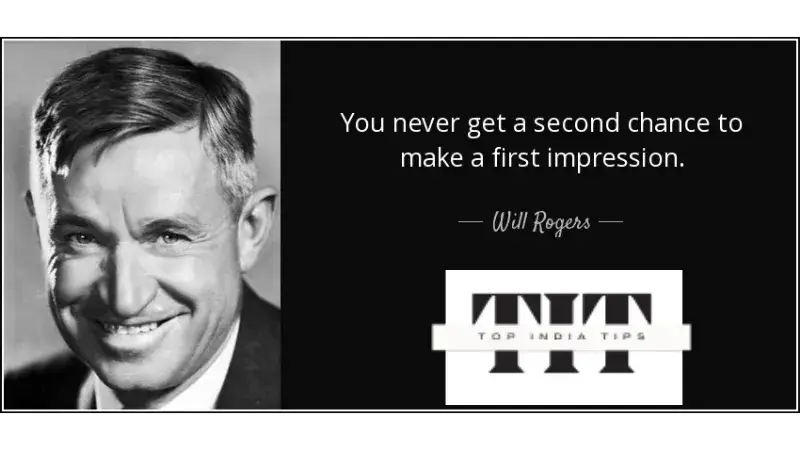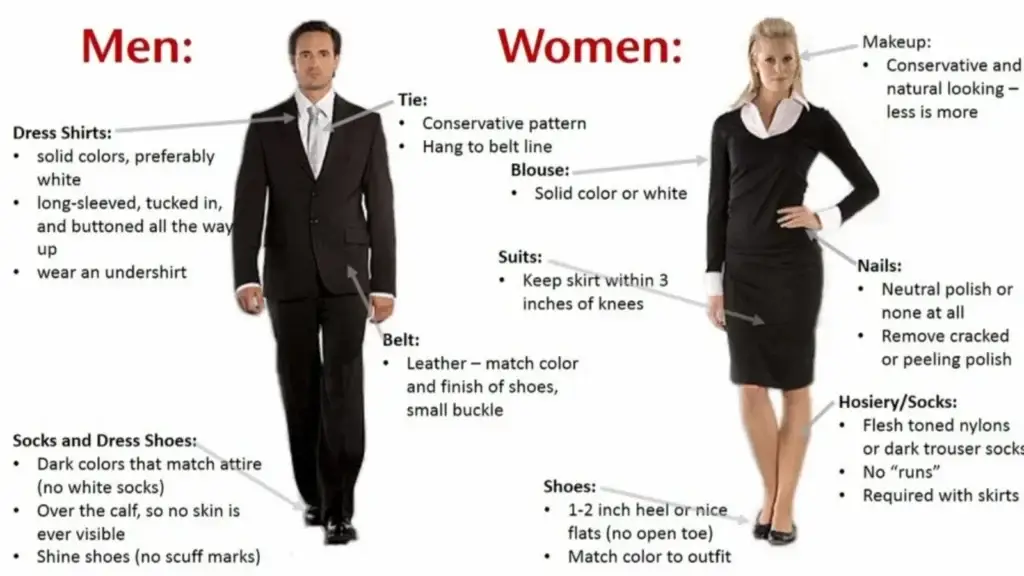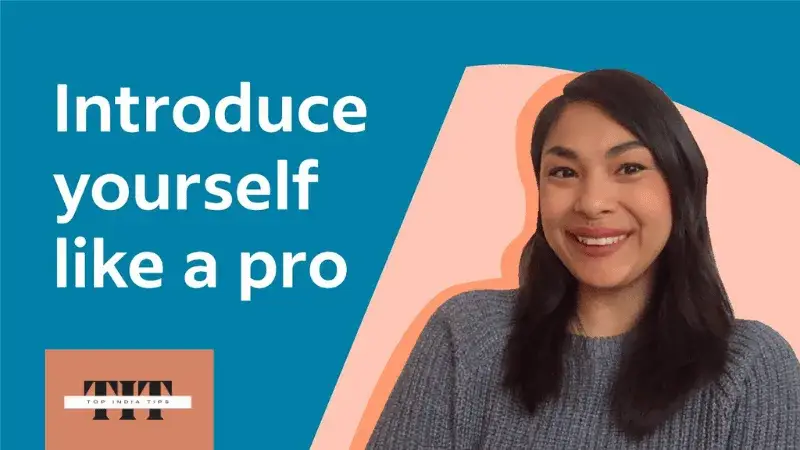Job interviews can be nerve-wracking, but a good introduction can set a positive tone for the entire conversation. Here, we provide a detailed guide on how to introduce yourself effectively during a job interview, helping you make a strong first impression. This guide is tailored to suit a 7th-8th grade reading level, making it easy to understand and follow.
Why Is the Introduction Important?

The introduction in a job interview is your opportunity to present yourself professionally and confidently. According to a survey by Accountemps, 60% of executives believe that the first few minutes of an interview can determine whether the candidate is a good fit for the job. Therefore, making a strong initial impression is crucial.
Steps to Introduce Yourself in a Job Interview
1. Dress Appropriately

First impressions start even before you speak. Dressing appropriately shows that you are serious about the job. Choose professional attire that aligns with the company’s culture.
2. Be Punctual
Arriving on time is essential. It shows that you value the interviewer’s time and are eager for the opportunity. Aim to arrive at least 10-15 minutes early.
3. Greet the Interviewer
Start with a polite greeting. A simple “Good morning” or “Good afternoon” followed by the interviewer’s name sets a positive tone. A firm handshake and a friendly smile can also help convey confidence and professionalism.
4. Prepare a Short Elevator Pitch
Your elevator pitch is a brief summary of who you are and why you are the best candidate for the job. Keep it concise, around 30-60 seconds, highlighting your background, skills, and what you bring to the role. For example:
“Hello, my name is Raj. I recently graduated with a degree in computer science from XYZ University. I have experience in software development, having interned at ABC Tech, where I worked on developing a mobile app. I am excited about this opportunity at your company because of your innovative approach to technology and my passion for coding.”
5. Highlight Your Relevant Experience
After your elevator pitch, delve a bit deeper into your experience and skills that are most relevant to the job. Use specific examples to illustrate your points. For instance:
“At ABC Tech, I led a team of interns to develop a feature that increased user engagement by 20%. This experience taught me the importance of teamwork and project management.”
6. Mention Your Achievements
If you have any notable achievements, mention them briefly. This could include awards, recognitions, or any significant contributions you have made in your previous roles.
7. Show Enthusiasm
Express your enthusiasm for the role and the company. Employers want to hire candidates who are genuinely interested in the position and the company’s mission.
Analogy to Remember
Think of your interview introduction like the opening scene of a movie. It sets the stage and grabs the audience’s attention. Just as a captivating movie opening makes you want to watch the rest of the film, a strong introduction makes the interviewer eager to learn more about you.
Statistics to Consider
- Time Matters: A study by Glassdoor reveals that the average interview process in India lasts about 25 days. Making a strong first impression can significantly impact the overall hiring decision.
- First Impressions: According to CareerBuilder, 49% of employers know within the first five minutes of an interview if a candidate is a good fit.
Frequently Asked Questions (FAQs)
Q: How should I practice my introduction?
A: Practice in front of a mirror or record yourself to see how you come across. You can also practice with friends or family to get feedback.
Q: What if I forget something during my introduction?
A: It’s okay to be human. If you forget something, stay calm and continue. You can always bring it up later in the interview if it’s relevant.
Q: How can I tailor my introduction for different interviews?
A: Research the company and the role beforehand. Customize your elevator pitch to align with the job description and the company’s values.
Q: Should I mention my weaknesses in the introduction?
A: No, your introduction should focus on your strengths and why you are the best fit for the job. Save discussions about weaknesses for later in the interview if asked.
Conclusion
Introducing yourself effectively in a job interview is crucial for making a positive impression. By dressing appropriately, being punctual, and preparing a concise and relevant elevator pitch, you can set a strong foundation for the rest of the interview. Remember, your introduction is like the opening scene of a movie – make it engaging and memorable. Good luck with your next interview!
Also Read : Data Science roadmap
